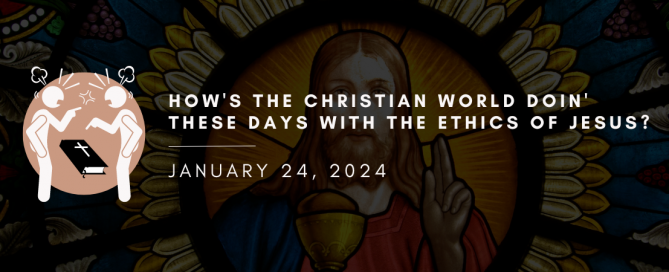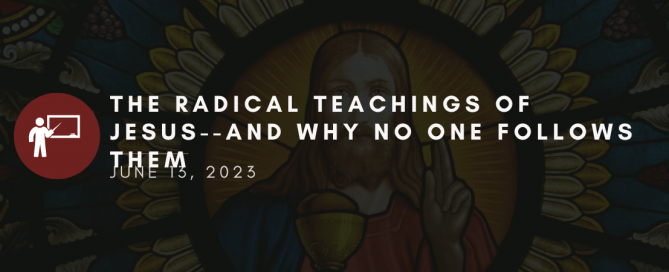Discussions and comments about Bart’s latest book.
A Really Scathing Review of My Book on Suffering
I’ve devoted my past couple of posts to a review of one of my books that the reviewer (really) didn’t like, and doing so reminded me of the most scathing review that, to my knowledge, I ever received, that at the time (sixteen years ago) I thought was outrageous, and now find rather humorous…. I’m a believer in letting the “other side” have its say, so I thought I’d post it here. The book under review was God’s Problem: How the Bible Fails to Explain our Most important Question – Why We Suffer. (As is usual, I didn’t give the book its title; usually publishers do that). It was reviewed in the Christian Century (Dec. 30, 2008) (View PDF (christiancentury.org), by Will Willimon, a well-known preacher and a former Bishop of the United Methodist Church and Professor at Duke Divinity School. No need for me to comment on it. Read it for yourself: ****************************** Bart Ehrman has written another book that is probably destined to be a best seller. God’s Problem is a lively, though [...]




